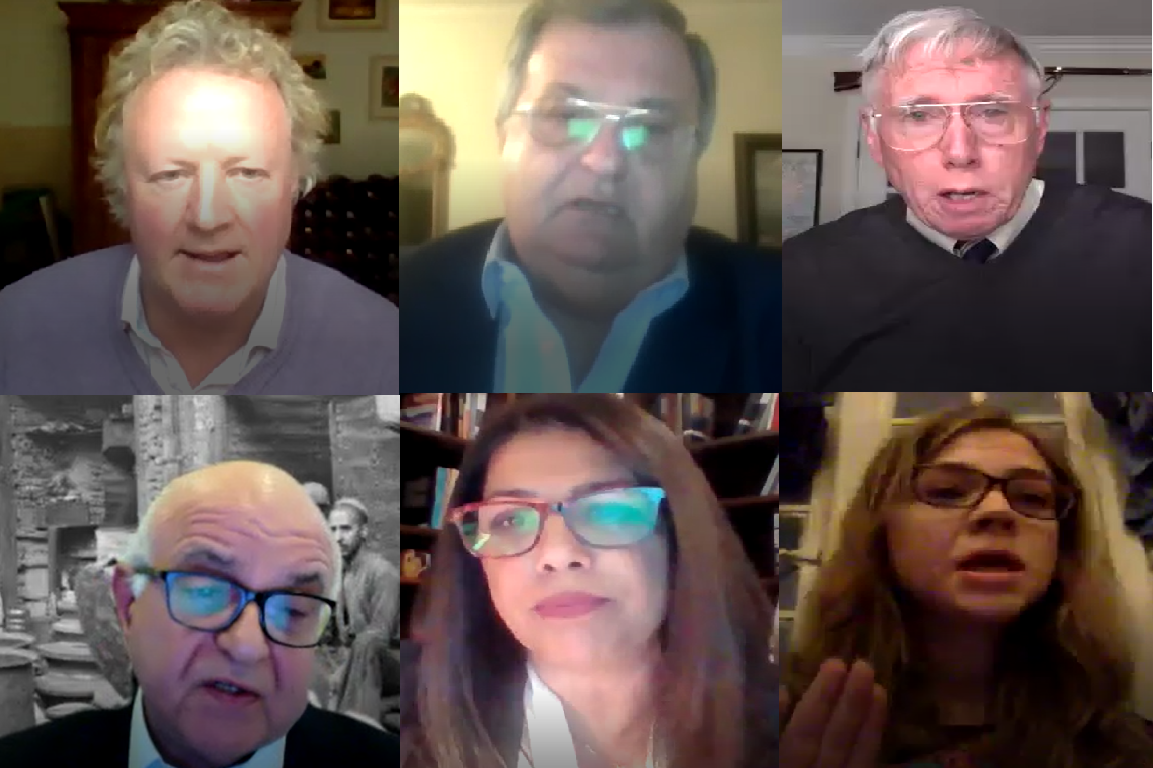IBBC discuss Government of Iraq’s White Paper

In an extensive discussion, leading executives and directors from the IBBC presented their insights and observations on the GoI White paper for reform.
Speakers included:
- Professor Frank Gunter, Professor of Economics, Lehigh University, Advisory Council Member, IBBC
- Mr Shwan Aziz Member of the IBBC Advisory Council, AMAR Foundation Former Chief of staff Iraqi Deputy Prime Minister 2010-20
- Mrs Hadeel Hasan – Founder HHL LLP law firm and executive member of IBBC
- Mr Hadi Al Dimirji – IBBC Board member and MIT Sloane School of Management
- Mrs Lizzie Porter – Senior correspondent Iraq oil report
Mr Shwan Aziz presented the key points in the White paper, which was generally welcomed by the panel, and the topics which emerged included: Why the Economic reforms are imperative and the backdrop to the white paper, the practical application of the white paper, the political context, the opportunities for energy, the need to communicate why the changes are critical to the public, the role and importance of the private sector in future jobs and opportunities, the oversight from G7 and Iraq contact group (ICG) and how to encourage external investors into Iraq , and the importance of regulation and deregulation and the plight of the young generation.
Some stark statistics were shared by Professor Frank Gunter, who said Iraq needs to generate 370,000 new jobs each year just to keep up with the population growth, but Iraq stands at 171/190 countries that are hostile to the private sector, and the state accounts for 73% of GDP, which is unacceptable for a successful private sector. Mr Hadi Al Damirji said, that reform of the SOE sector is important to raise productivity and the economy.
Mrs Hadeel Hasan, said ‘This is Iraq’s last chance for reform before we may lose control of the economy. The GOI urgently has to communicate why the changes are important to bring all the people along , even if the changes are difficult to accept, for the alternative is too bleak to consider, the current problems have accumulated over a long period of time, but now have to be reversed’.
It was generally accepted that Corruption was no longer acceptable and that the GOI has to implement measures to stop it and bring in laws to control it at all levels of society, or foreign investment will not be forthcoming, private companies will not thrive and jobs will fail to materialise. On the positive side Professor Gunter pointed out that deregulation of business registration would bring a large sector of the informal economy into the mainstream, and provide many more jobs, and Mrs Lizzie Porter made the case that capture of more Gas, currently flared, is an easy win for perhaps $2.5bn pa, additional income and energy, while avoids OPEC quotas that oil is subject to.
To view the panel discussion, please click here